NEW YORK (AP) – The Babadook, when it was released 10 years ago, didn’t seem to portend a cultural sensation. It was the first film by a little-known Australian filmmaker, Jennifer Kent. It had that strange name. On opening weekend, it played in two theatres.
But with time, the long shadows of The Babadook continued to envelop moviegoers. Not many small-budget, first-feature films can be fairly said to have shifted cinema but Kent’s directorial debut may be one of them.
It was at the nexus of that much-debated term “elevated horror”. But regardless of that label, it helped kicked off a wave of challenging, filmmaker-driven genre movies like It Follows, Get Out and Hereditary.
Kent, 55, has watched all of this – and those many Babadook memes – unfold over the years with a mix of elation and confusion.
Her film was inspired in part by the death of her father, and its horror elements likewise arise out of the suppression of emotions. A single mother (Essie Davis) is struggling with raising her young son (Noah Wiseman) years after the tragic death of her husband. A figure from a pop-up children’s book begins to appear. As things grow more intense, his name is drawn out in three chilling syllables – “Bah-Bah-Doooook” – an incantation of unprocessed grief.
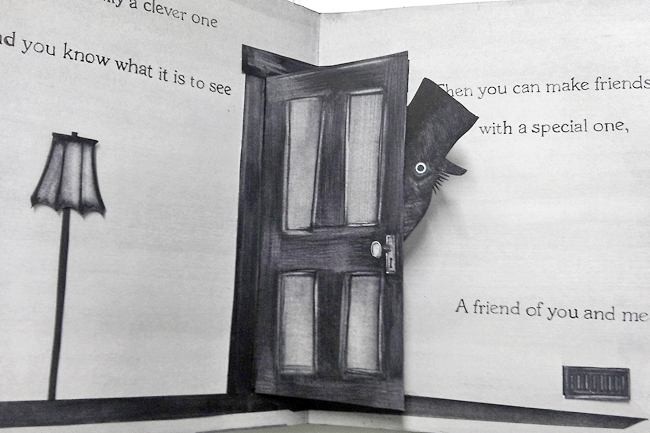
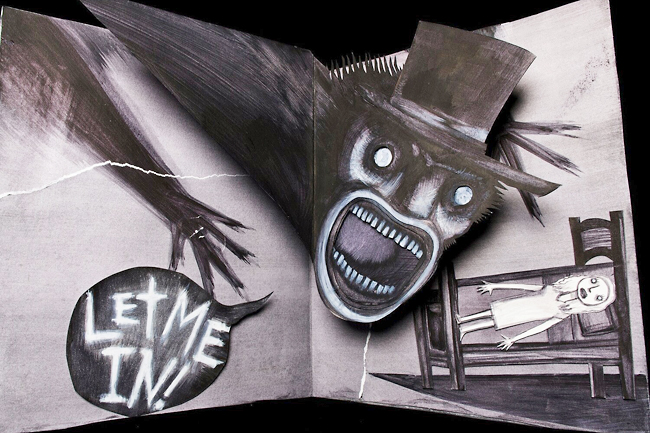
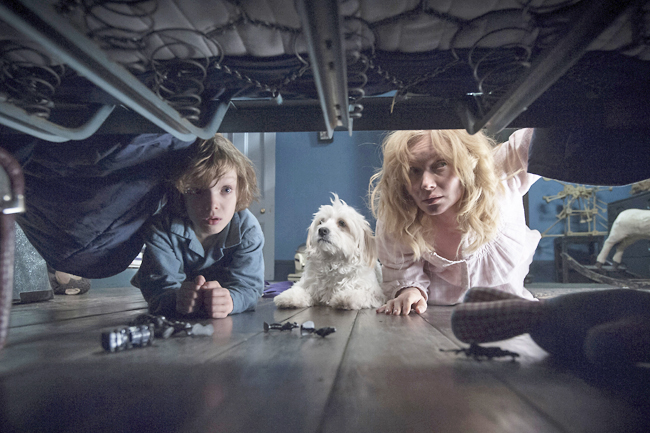
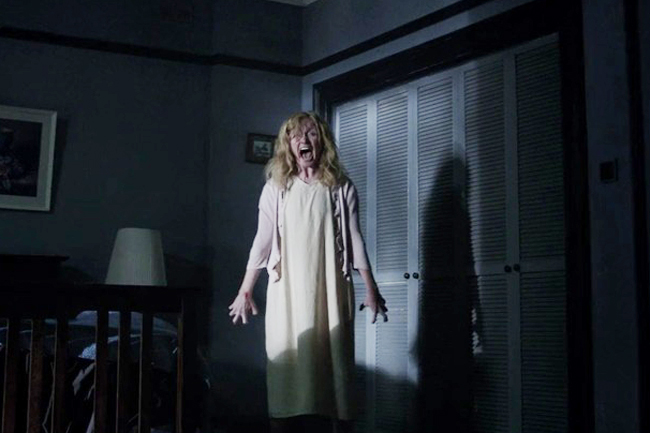
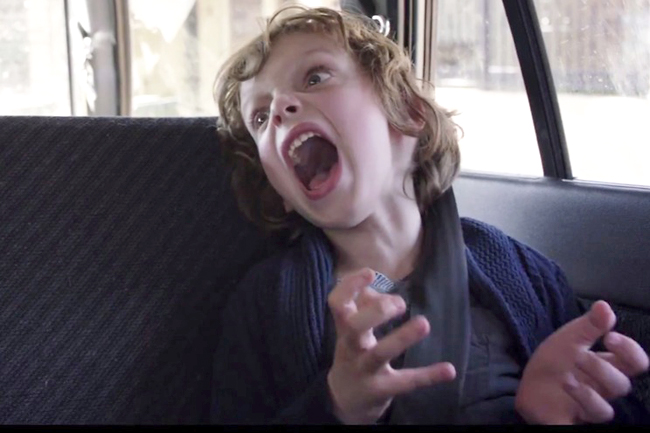
Kent recently spoke from her native Australia to reflect on the origins and continuing life of The Babadook.
AP: Given that you didn’t set out to in any way “change” horror, how have you regarded the unique afterlife of ‘The Babadook’?
KENT: I’ve always been a lover of horror of all kinds. It’s a tradition that dates back to the beginning of cinema, with Carl Dreyer’s Vampyr and so many horror films in that early part of cinema. So I think I was just following a tradition that was firmly established in terms of what they now call “elevated horror”, which doesn’t make sense to me. I don’t think I invited anything new. I just told my version.
AP: You can see some those influences – Dreyer, Murnau – in the film’s production design
KENT: I really wanted a world where the thing could reliably spring from. So while we didn’t to make it a fake world, we wanted to heighten it just to the point where it wasn’t silly or questionable that this energy or entity appeared in the house. We were very particular about the colours. The house and everything in the world had to be a certain colour. I remember Radek (Ładczuk), my DP, laughing because I was annoyed that the grass was too green.
AP: Have you watched it again recently?
KENT: No, I haven’t. Even when I watched the trailer I was like: “Mistakes, mistakes”. I might slip watch it and see how it feels. I rarely think of it. I’m very grateful to that film but I rarely – never – refer back to it.
AP: Why is that?
KENT: I don’t think filmmakers tend to sit down and want to watch their own film. It’s kind of my idea of a nightmare to go back and watch it.
AP: Have your thoughts about ‘The Babadook’ changed over time?
KENT: To me, the film is very pure. I really fought to make it pure. Even though it was a low-budget film – I think it was USD1.6 to USD2 million – it was very uncompromising. Because I hadn’t made a film, I was an untested entity, so everyone had their two cents worth.
They wanted to change the end or make a sequel or make it more gory, and I was just adamant about keeping it pure.
So when I think of that film, I’m really proud that me and my team were able to protect it.
And I wonder if in the current marketplace if it would have gotten made. It’s much harder to make films now. It was hard then, though I think it’s even harder now. I hope people can continue to protect their work because we need original, independent films.
Where I live, there’s been a Robert Bresson retrospective and I’ve gone to a lot of his films. It’s just lifechanging to see films like that that are so old now but feel like they were made yesterday.
AP: That kind of repertory cinema experience has traditionally been an arthouse thing, but revivals like yours for ‘The Babadook’ seem to be a new, broader extension of it. What do you think has changed?
KENT: I feel like we’re in this very dark age of art or cinema. And I feel like people crave that experience. I went to see on the weekend Dreyer’s Ordet and Bergman’s The Seventh Seal. Especially in Ordet, it’s such a transcendent film. The audience, we were collectively experiencing it. I could hear people crying at the end. It’s the reason that we went to the cinema in the first place – to have an experience. Not to sit on our couch while we’re looking at our phones watching some sort of content. It’s not bringing out the best in us or in the work. For me, I take it very seriously because I think we need it.
AP: Rewatching ‘The Babadook’, I was struck by how much care you take in pulling the horror out of repressed emotions. It’s nearly an hour before the Babadook materialises, which he does after the mother shouts “Just be normal!” at her son.
KENT: It also comes out of a point where he’s desperately trying to warn her of the truth, and then he’s medicated. I’m not saying medication is bad, but in this case it’s very bad. That’s when the energy become a reality. I was fascinated at the time, and still am, at how people can push down so much on a world of pain and grief and continue to function. I think it brings a half life, unfortunately. I think we have to, on some level, face those painful experiences so we can enjoy the fullness of life. – Jake Coyle



















































